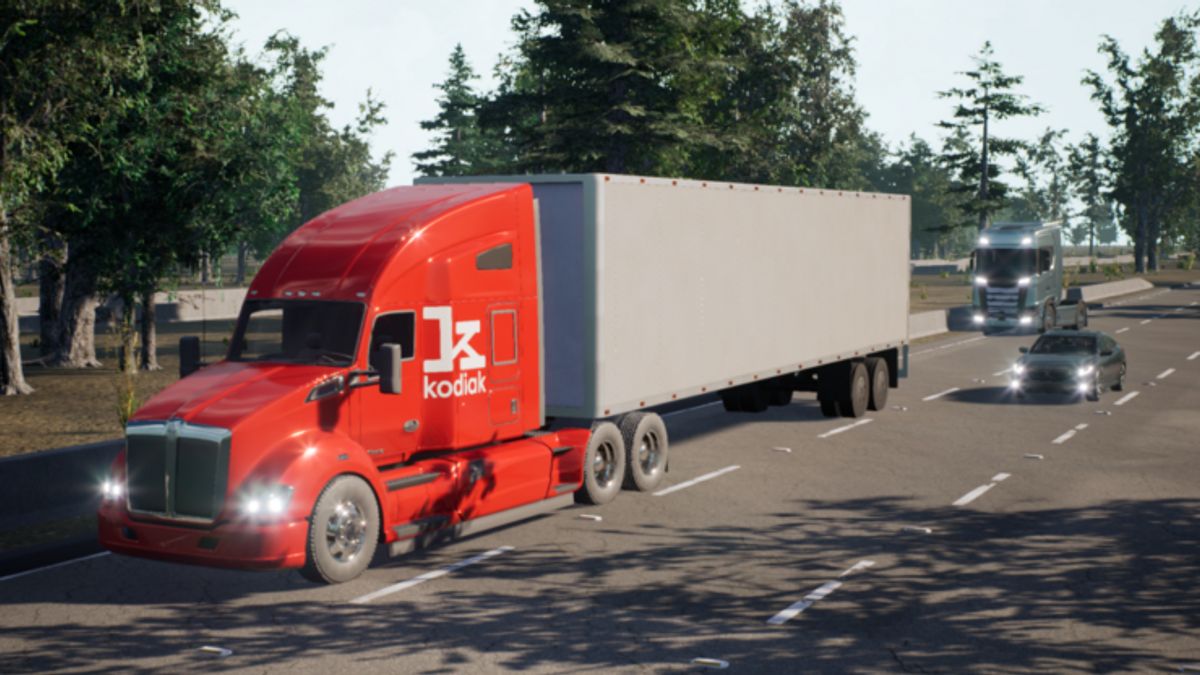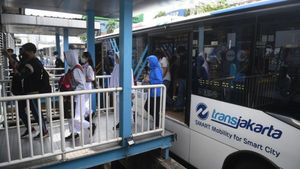JAKARTA - The Governor of California, Gavin Newsom, decided to reject a bill on autonomous trucks that had previously received approval from the California Senate. The bill would require the presence of a human safety operator whenever autonomous trucks operate on the state's highways.
The decision is a win for the autonomous trucking industry, especially after the California Senate passed the bill in mid-September. This bill actually aims to prohibit autonomous heavy trucks without drivers from operating as designed.
"Given the existing regulatory framework that currently exists and adequately regulates this particular technology, this bill is not necessary at this time," Newsom wrote in his letter blocking the bill, quoted by Reuters, September 23.
The concept of autonomous trucks is not new, but with a shortage of drivers across the United States, many are hoping that the emergence of self-driving technology can reduce pressure on the freight industry. However, there are also concerns about what will happen to existing jobs if autonomous trucks start operating without security drivers.
Before the bill was rejected, union leaders had urged Newsom to sign the bill. The International Teamsters Union claims that autonomous trucks will not only result in job losses, but could also increase traffic safety risks, especially for heavy trucks weighing more than 36 tons.
The bill would keep trained drivers in the cab to supervise autonomous trucks, which is said to be one way to prevent job losses.
VOIR éGALEMENT:
The head of the California Federation of Labor, Lorena Gonzalez Fletcher, was quoted by ABC News, saying that they estimate this veto will result in the loss of 250,000 jobs for Californians. Plus, there are around 200,000 commercial drivers in the state.
On the other hand, opponents of the bill argue that human presence will hinder progress towards fully autonomous goods transport vehicles. The development of autonomous vehicles has turned out to be more difficult than expected, with many companies reducing the number of employees or even ceasing operations.
Opponents of the bill also argue that autonomous vehicles without safety drivers are already operating in the state and have registered fewer accidents compared to human-operated vehicles. Additionally, the business case is also strong, as California is one of the main regions for testing self-driving technology in the transportation of goods.
In his rejection letter, Newsom emphasized that regulations created by the Department of Motor Vehicles will remain transparent and include input from stakeholders and experts to ensure safety.
The English, Chinese, Japanese, Arabic, and French versions are automatically generated by the AI. So there may still be inaccuracies in translating, please always see Indonesian as our main language. (system supported by DigitalSiber.id)














